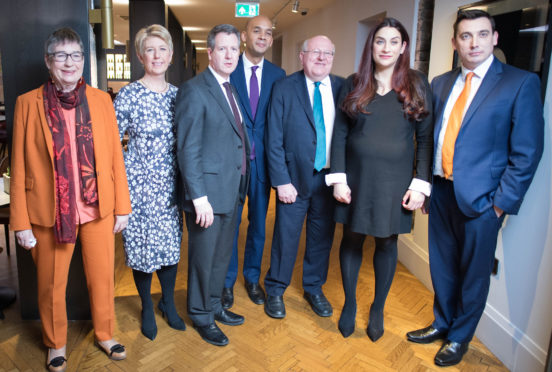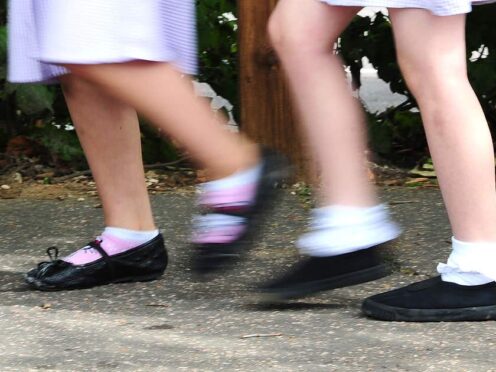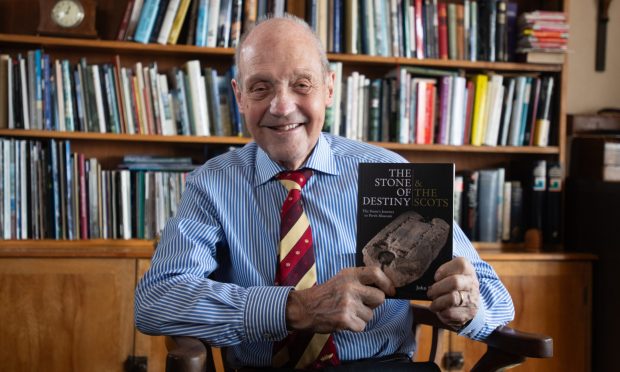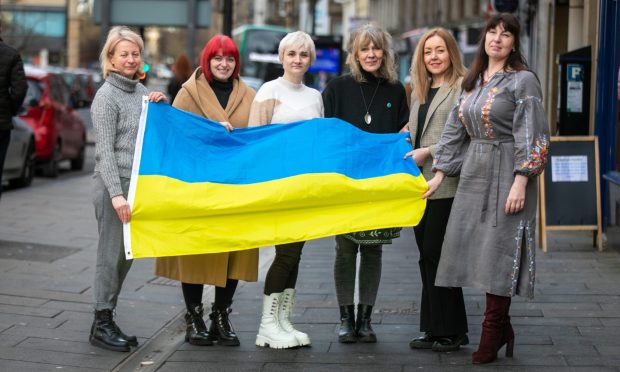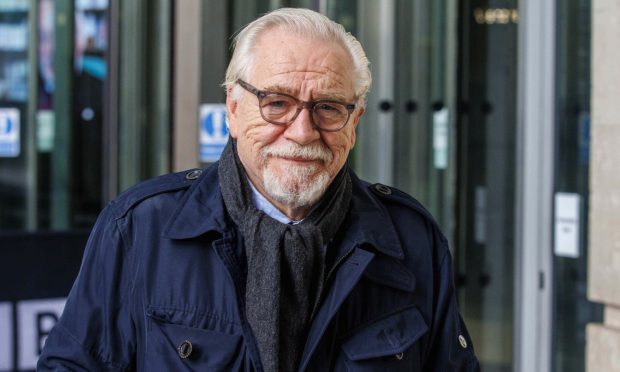The breakaway faction of the Labour Party could be the prelude to a realignment in British politics, or it could be a flash in the pan.
It all depends, of course, on whether the small group becomes a big group, and whether more prominent Labour figures decide to join their colleagues’ rebellion.
Tom Watson, the deputy Labour leader, was saying on Monday that he didn’t regard the seven as traitors because, like them, he no longer recognised his own party. But he didn’t agree with their decision to quit.
Many in the party will question the wisdom of the split, which could well hand the Tories an easy victory if there were to be a snap general election. Perhaps just as many others will be tempted to jump ship too, now a precedent has been set.
But it is not just Labour going through this existential angst. In the wake of Brexit, the Conservatives have also become two separate parties, with more now dividing than uniting party members.
The ideological gap between Chuka Umunna and Jeremy Corbyn may be stark but no greater than that between, say, Anna Soubry and Jacob Rees-Mogg, or between Kenneth Clarke and Steve Baker.
Tories might say that they agree fundamentally on the economy and on most policy areas and are only at odds over Europe.
But Europe has been the death knell of all recent Tory leaders, ending careers, if not as dramatically as David Cameron’s, then slowly but surely.
Brexit has come to define British politics, and the ruptures it has created will be not be forgotten after March 29.
It is hard to imagine a post-Brexit rehabilitation between arch Leavers and rabid Remainers on the Tory benches, a future where past disagreements are put aside for the good of the party (not to mention the country).
The bitterness extends well beyond the Commons and into the shires, where Eurosceptics are trying to force out solid constituency MPs for nothing more than a difference of opinion over the EU.
Sir Alan Duncan, who has represented Rutland and Melton since 1992, and Sarah Wollaston, the member for Totnes since 2010, are both being threatened with deselection by their local parties in a wave of hardline Brexiteer hate.
It even has a name – purple Momentum – and it is not too far-fetched to imagine its drivers, apparently former Ukip supporters taking over Tory associations, hijacking the party nationally.
Soubry said: ‘Instead of standing up to this, like Labour should have stood up to Momentum, we are falling into the same trap. Both main parties are broken.’
One association had 80 new members in about 80 days, she revealed, and they were all ex-Ukip members, not Conservatives.
But where is the distinction now? Rees-Mogg, for example, is more in tune with Nigel Farage than with the Remainers in his party, such as Soubry, who is campaigning for a second referendum on Europe.
She, and those in her camp, seem more natural allies of the disaffected Labour MPs, than of their fellow Conservatives.
Why don’t they all get together, and draw in a few more Labour moderates like Yvette Cooper and Sir Keir Starmer, and present voters with a serious third party alternative to Labour and Tory extremes?
This would truly develop into a redrawing of the political landscape, along the lines of the SDP, although without the stellar leadership of Roy Jenkins, Shirley Williams, David Owen and Bill Rodgers.
It might also lure the Lib Dems, who haven’t done so well on their own in electoral terms, but who are, at least, relatively cohesive on Europe.
Back in the 1980s, only one Conservative MP joined the SDP, despite hopes that the movement could swell its ranks by appealing across traditional party boundaries.
The revolt then was against the anti-Europe Labour left that the centrists felt had infiltrated the party. The main difference from today’s Labour fracture was the calibre of the protagonists – and the eventual involvement of the Liberal Party.
Could Brexit achieve more, by being a stronger force than partisan loyalties and bringing under one umbrella alienated Labour and Tory Europhiles?
If so, we could probably throw in the Scottish Conservatives, who are largely a pro-Remain cohort with few traces of European Reform Group fanaticism and no signs, thank Heavens, of Ukip (always a non-starter in Scotland) sympathies.
Come to think of it, if such a party, or a pact, did emerge from the battlegrounds of Brexit, our own Ruth Davidson could be a contender to lead it.
She would soon find a Commons seat, given all the upheaval. And minus the baggage of two and a half years of Westminster infighting, she would appear almost neutral, a precious quality in the present climate.
